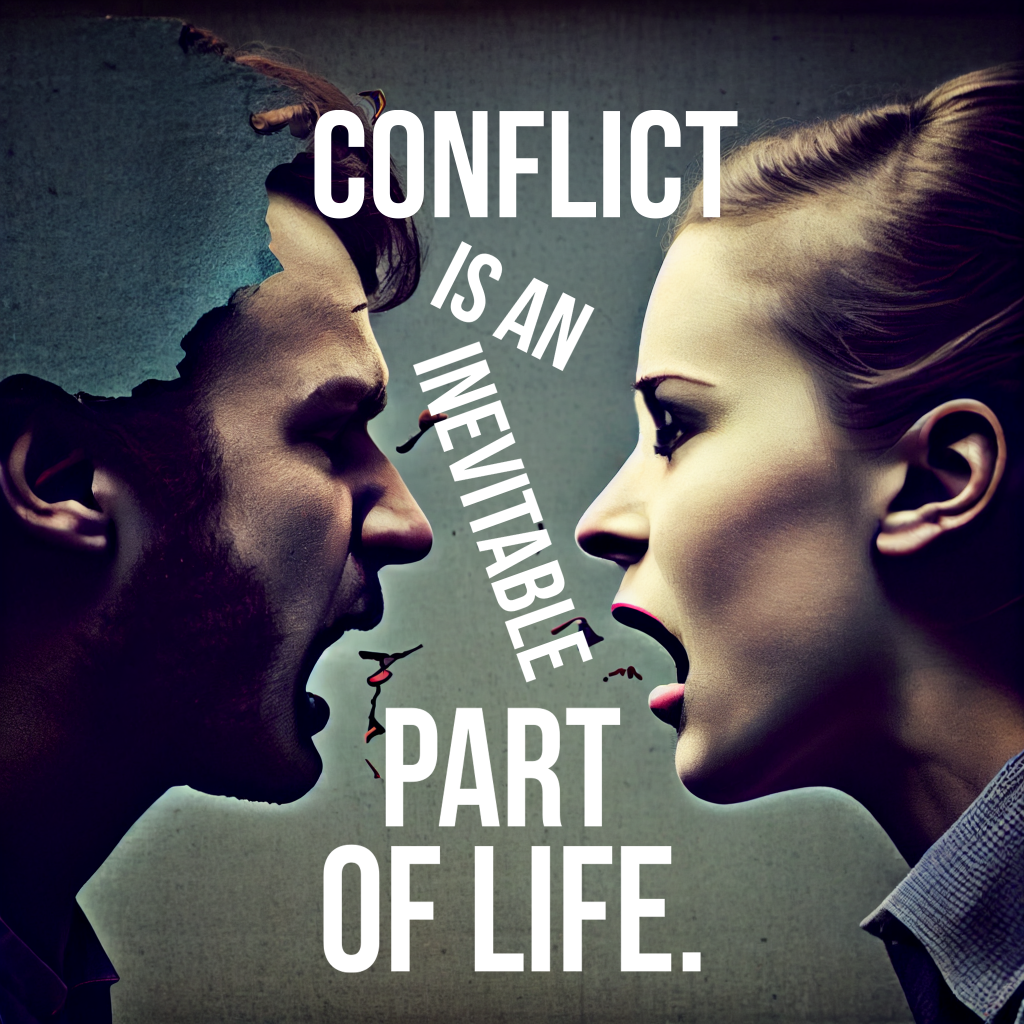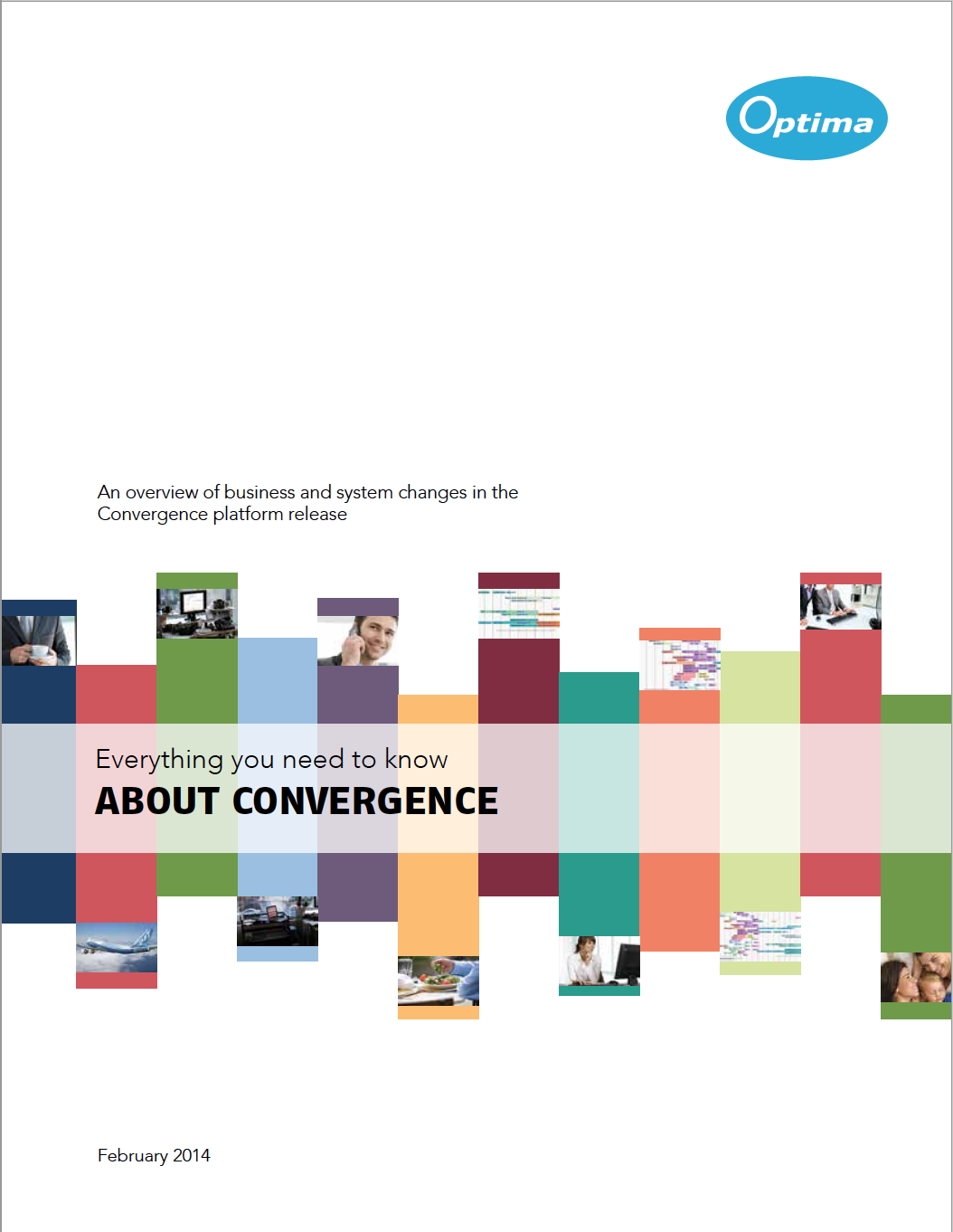
Conflict is an inevitable part of life. It arises in personal and professional settings and can stem from differences in personalities, values, beliefs, or goals. Conflict is not necessarily destructive; it can lead to growth and understanding if managed effectively. However, unresolved conflict often leads to negative consequences such as decreased productivity, damaged relationships, or even legal action. For these reasons, it’s essential to understand what conflict is and how best to manage it when it occurs.
Our earliest memories of conflict often shape how we approach it in the future. It can be challenging to look back on these childhood experiences objectively, but understanding them can help us better understand ourselves today. Examining our first memories of conflict with family members, peers, or teachers can provide valuable insight into our relationship dynamics and communication styles. By exploring the feelings associated with these memories, we can better understand how we interact with others during disagreements. In doing so, we may also recognize patterns that no longer serve us well and develop strategies for healthier communication in the future.
In relationships, conflict is bound to arise, whether it’s between coworkers, family members, or romantic partners. While some levels of competition can be healthy and beneficial in a relationship, unresolved conflicts can have serious negative consequences for both parties. When left unaddressed, these lingering issues can lead to tension and distrust in the relationship that may eventually cause it to break down altogether. Couples must understand how unresolved conflicts affect relationships to address them quickly and effectively before things get out of hand.
The key is to understand how conflict works and why it arises so that you can identify the root causes and develop practical solutions. This means learning about communication techniques, negotiation skills, active listening, problem-solving approaches, empathy-building activities, and better understanding yourself and other people’s points of view. It also involves developing a sense of self-awareness that will allow you to recognize when emotions get out of hand so that you can de-escalate the situation before things get too heated.
When faced with difficult situations, it is easy to become overwhelmed with stress. While it is natural to feel a certain amount of stress in such circumstances, too much can harm our physical and mental well-being. The key to managing this kind of stress lies in practicing self-care. Self-care involves taking proactive steps to look after yourself mentally, emotionally, and physically to better cope with life’s demands. This could involve getting enough sleep, eating healthy foods, or engaging in activities that bring joy and peace, like reading a book or listening to music. By prioritizing self-care when dealing with challenging situations, we can give ourselves the emotional strength to navigate them successfully.
Despite the struggles we may have faced in our lives, it is essential to keep a positive outlook and move forward. A negative attitude toward life can harm our mental health and well-being. We must take charge of our emotions and reactions to continue progressing even when things seem bleak. Even if you feel like giving up during hard times, try your best to stay strong and remember why you started this journey in the first place. By having faith in yourself, setting realistic goals, and recognizing your successes as they come along, you will find brighter days ahead of you than those behind you. With resilience and determination, anything is possible!























